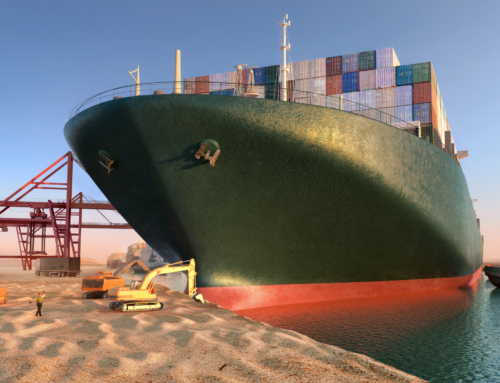Why crisis management in companies? “They’ll never go bankrupt, they’re so big and professional…” This sentence is often heard and in the end it nevertheless happens. A crisis occurs and is not handled professionally. Often negative consequences up to insolvency are imminent.
Crises due to market dependencies or changes. The globalization of markets and the expansion and merging of companies into large corporations create a complicated network of dependencies. The more interconnected a system is, the more susceptible it is to disruption or crisis. The trend toward globalization and networking of markets will continue in the future. Accordingly, market crises are not entirely avoidable, even for medium-sized companies and large corporations. Political factors such as Brexit or trade wars also lead to massive uncertainty. Yet it is only in these situations that companies become aware and more visible of their many dependencies. Why Brexit should be considered an emergency read the linked blog article: Brexit – an emergency
Crisis management as a tool
It turns out that there are several effective approaches to establishing a crisis prevention system. This immensely reduces the likelihood of a crisis, but 100% crisis prevention is not possible. For this reason, crisis teams and crisis management are indispensable tools during a crisis. Crises can usually only be overcome by changing the normal corporate structure to a special organizational structure (crisis team). But how does the crisis team operation work? And how does it continue after the crisis has been overcome? This requires special competencies and procedures that are not commonplace. Especially since the employees of a company are mostly specialists in the respective business areas, they lack the expertise of crisis management.
Customized work
The methods of good crisis management are scientifically based and universally applicable. But a “one-fits-all” solution as crisis management is not useful, because each company has individual structures and characteristics. The structures have to be adapted to your company and its needs. What can crisis management look like for your company? What skills and knowledge does your staff need? How is your staff best coordinated in a crisis? Our experts will be happy to advise you and develop a crisis management system tailored to your company, including training and support in acute crisis management.
An article written with the assistance of Roman Pause and Jens von den Berken, published on 10 October 2019
Translated by Charlotte Ley






